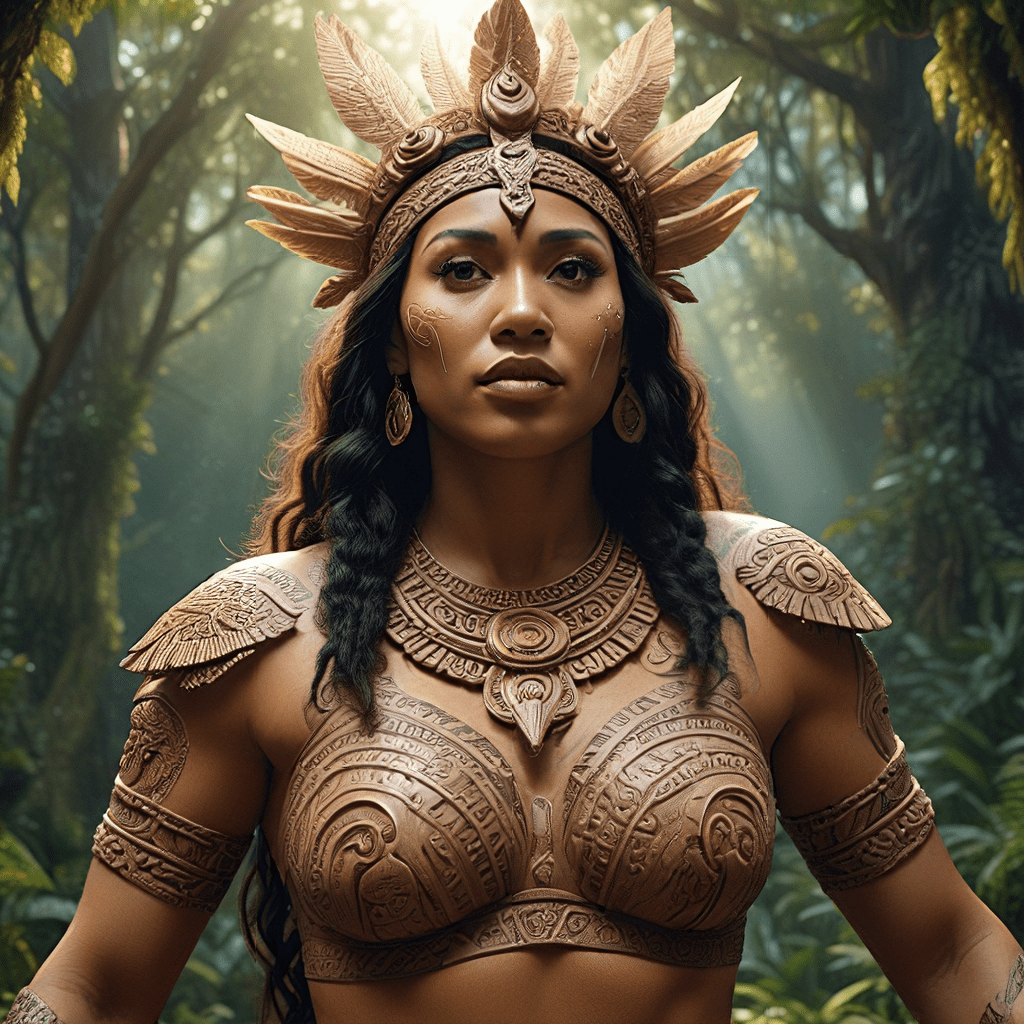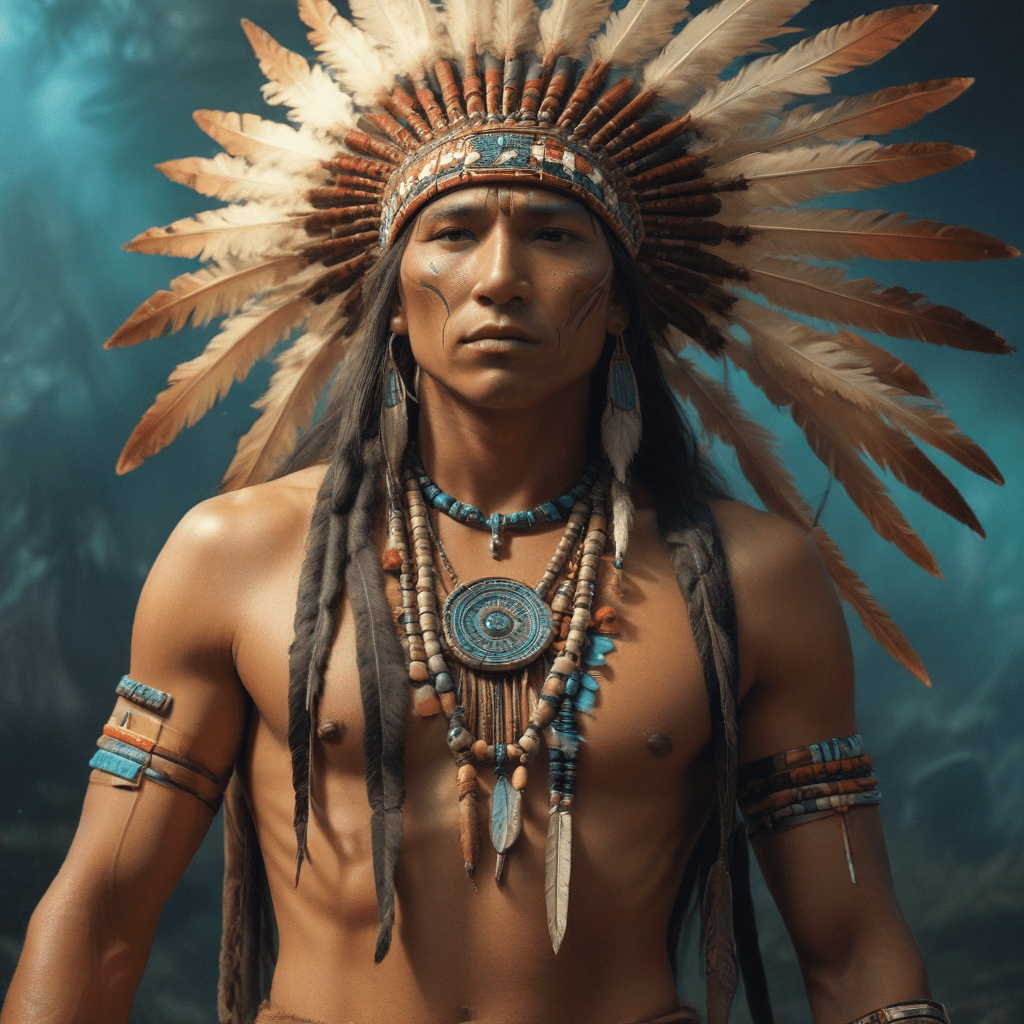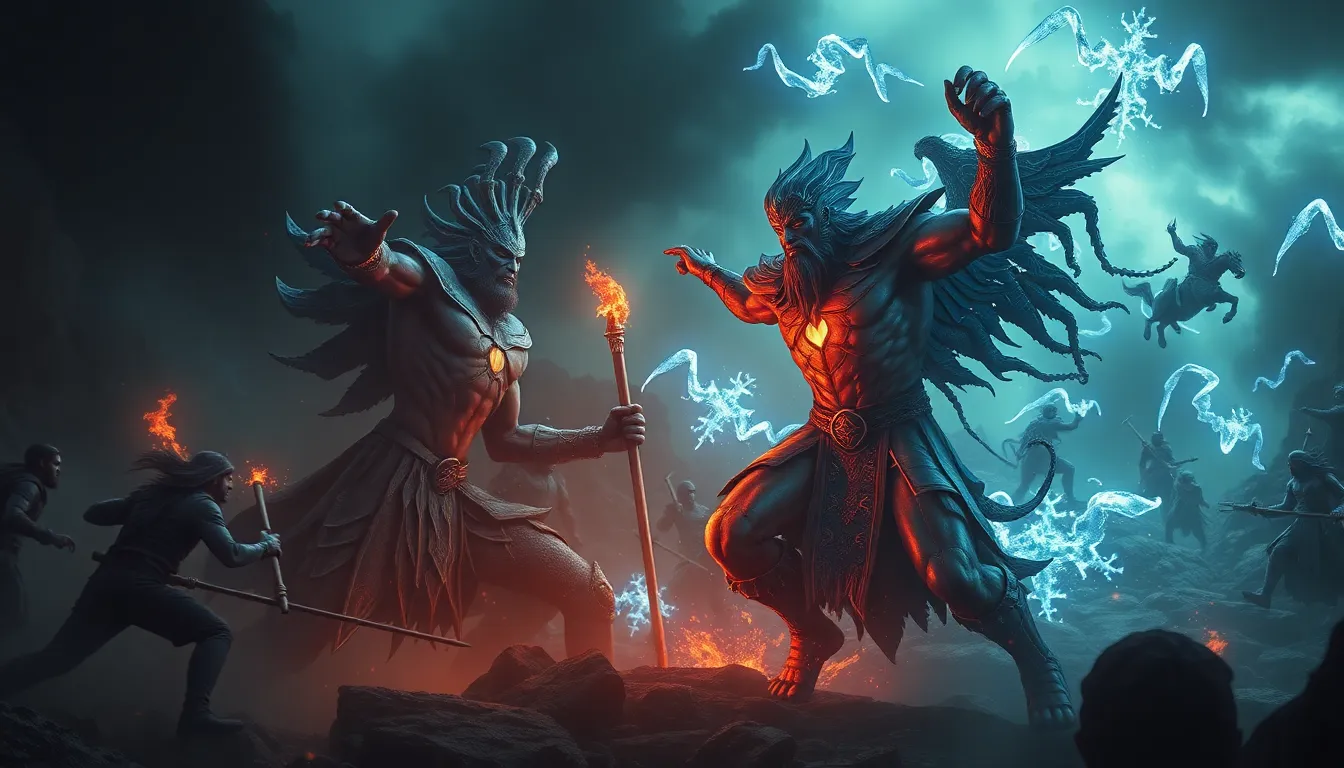Maori Mythology and the Realm of Dreams
In the rich tapestry of Maori mythology, dreams hold a profound and multifaceted significance. They are not mere fleeting nocturnal experiences but are considered a vital bridge between the waking world and the spirit realm. Dreams are believed to be a window into the unseen, offering insights into the past, present, and future. They provide a conduit for communication with ancestors, gods, and other supernatural beings. This intricate relationship between dreams and the spirit world is woven deeply into the fabric of Maori belief systems.
The Intertwined Nature of Dreams and Reality
For the Maori, dreams are not separate from reality but are intricately intertwined with it. They are a potent force that can shape and influence waking life. Dreams can reveal hidden truths, foretell future events, and provide guidance on important decisions. They can also be a reflection of a person's inner thoughts and emotions, offering a glimpse into their subconscious. The Maori understand that dreams can be both personal and universal, reflecting the individual's unique experiences as well as the collective consciousness of the tribe.
The Role of the Gods in Dream Interpretation
The Maori pantheon of gods plays a pivotal role in dream interpretation. Different gods are associated with specific types of dreams, and their presence in dreams can offer insight into their intentions or messages. For example, the god Tane, the creator of the forest, might appear in dreams related to nature and fertility. The god Rongo, the god of agriculture, might appear in dreams related to harvest and abundance. The gods can offer guidance, warnings, or even revelations through their dream appearances.
Prophecies and Premonitions in Maori Mythology
Prophecies and premonitions are a prominent feature of Maori mythology. Dreams are often seen as a means by which the future can be glimpsed. These prophetic dreams can be personal, revealing the fate of an individual, or they can be communal, foretelling the future of a tribe or region. Dream interpreters and prophets played a crucial role in Maori society, deciphering the meaning of these dreams and helping to navigate the uncertainties of the future.
The Significance of Dream Symbols and Motifs
Dream symbols and motifs hold deep significance in Maori mythology. Recurring images in dreams often carry specific meanings, often rooted in ancestral stories, natural phenomena, and the interconnectedness of all things. For example, a dream about a bird might symbolize freedom, while a dream about a mountain might signify strength and resilience. The interpretation of these symbols varies depending on the context and the individual's personal experiences.
The Whakapapa Connection: Ancestral Influence on Dreams
Dreams in Maori culture are deeply intertwined with whakapapa, the intricate system of genealogy and lineage. It is believed that ancestors, both near and distant, can communicate with the living through dreams. These ancestral dreams often contain messages, guidance, and even warnings passed down through generations. The connection to ancestors provides a powerful sense of belonging and continuity, reminding individuals of their place within the wider tapestry of their tribe's history. The appearance of ancestors in dreams also serves as a reminder of the importance of upholding traditional values and customs, ensuring the continuity of their legacy.
Dream Oracles and Dream Specialists in Maori Culture
In traditional Maori society, dream interpretation played a vital role in decision making and understanding the world around them. Dream oracles and specialists, known as tohunga moemoea, were highly respected figures who possessed the knowledge and skills to decipher the meaning of dreams. These individuals were often trained in the art of dream interpretation and were sought after for guidance on important matters such as warfare, healing, and navigating complex societal issues. The tohunga moemoea would analyze dream symbols, explore the context of the dream, and consider the individual's personal history to arrive at an interpretation. Their expertise was essential in maintaining harmony and balance within the community.
The Importance of Dream Narratives in Storytelling
Dream narratives are an integral part of Maori storytelling. These stories, passed down through generations, often feature dreams as pivotal moments that shape the course of events or reveal important truths. Through these narratives, dreams are not simply personal experiences but are woven into the cultural fabric, serving as a reminder of the importance of understanding the unseen world. The vivid imagery and profound themes found in these narratives help to preserve the rich tapestry of Maori beliefs and traditions, ensuring their continuity for future generations.
Contemporary Maori Perspectives on Dreams and Prophecies
Although traditional beliefs regarding dreams are still prevalent in many Maori communities today, contemporary perspectives have also emerged. Some individuals embrace the scientific understanding of dreams, viewing them as reflections of the subconscious mind. Others see dreams as a source of inspiration, creativity, and problem-solving. Despite these evolving perspectives, the core belief in the power and significance of dreams remains strong within Maori culture. Dreams continue to be respected as a source of wisdom, guidance, and connection to the spiritual realm.
The Continuing Relevance of Dreams in Maori Life Today
In contemporary Maori life, dreams continue to hold a profound significance. They are seen as a means of connecting with ancestors, seeking guidance, and understanding the complexities of life. Dreams provide a space for reflection, introspection, and a deeper connection to the unseen world. The interpretation of dreams remains relevant in modern contexts, helping individuals navigate the challenges of everyday life, make informed decisions, and foster a sense of connection to their cultural heritage. Whether understood through a traditional or modern lens, dreams remain an integral part of Maori life, offering a glimpse into the mysteries of the human experience and the profound interconnectedness of all things.
FAQ
What is the meaning of "whakapapa" in Maori mythology?
Whakapapa is a fundamental concept in Maori culture that refers to genealogy, lineage, and the interconnectedness of all things. It is a complex system that traces ancestry back to the origins of the universe and the gods. Understanding whakapapa is crucial for comprehending Maori beliefs and values.
What is the role of dreams in Maori decision-making?
Dreams are seen as a source of guidance and wisdom in Maori culture. Individuals often turn to their dreams for insight into important decisions, seeking advice from ancestors, gods, or other supernatural beings. Dream interpreters were respected figures who helped to decipher the meaning of dreams and offer guidance.
Are dreams considered more important than reality in Maori mythology?
Dreams are not considered superior to reality but are seen as an interconnected part of the human experience. They offer a window into the unseen world, providing insights that can enrich and inform waking life. Dreams are a valuable source of knowledge, guidance, and connection to the spiritual realm.
How do contemporary Maori people view dreams?
Contemporary Maori perspectives on dreams are diverse. Some individuals embrace traditional beliefs, while others incorporate more modern scientific interpretations. However, the core belief in the power and significance of dreams remains strong, regardless of individual perspectives. Dreams continue to be seen as a source of wisdom, connection, and inspiration.



